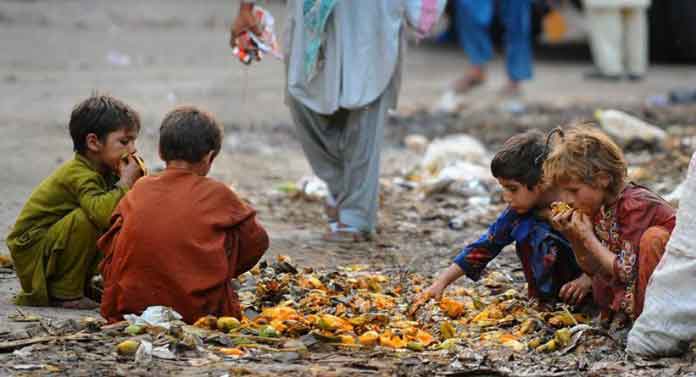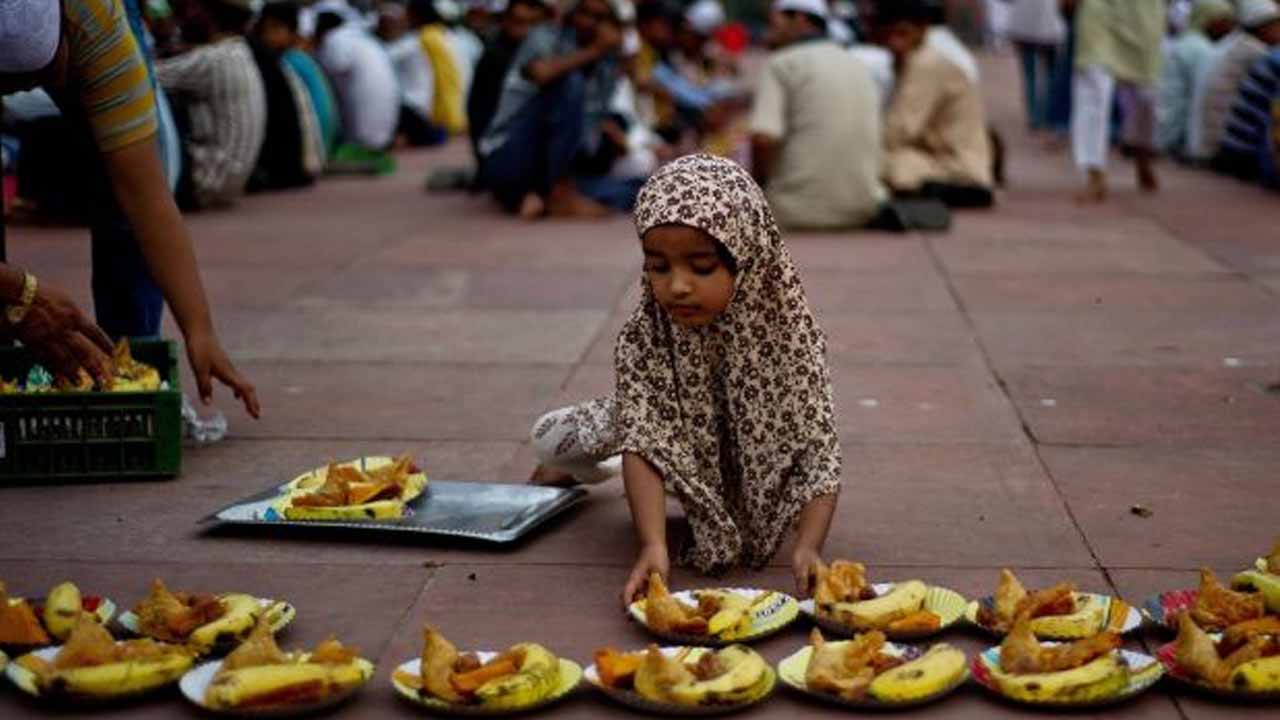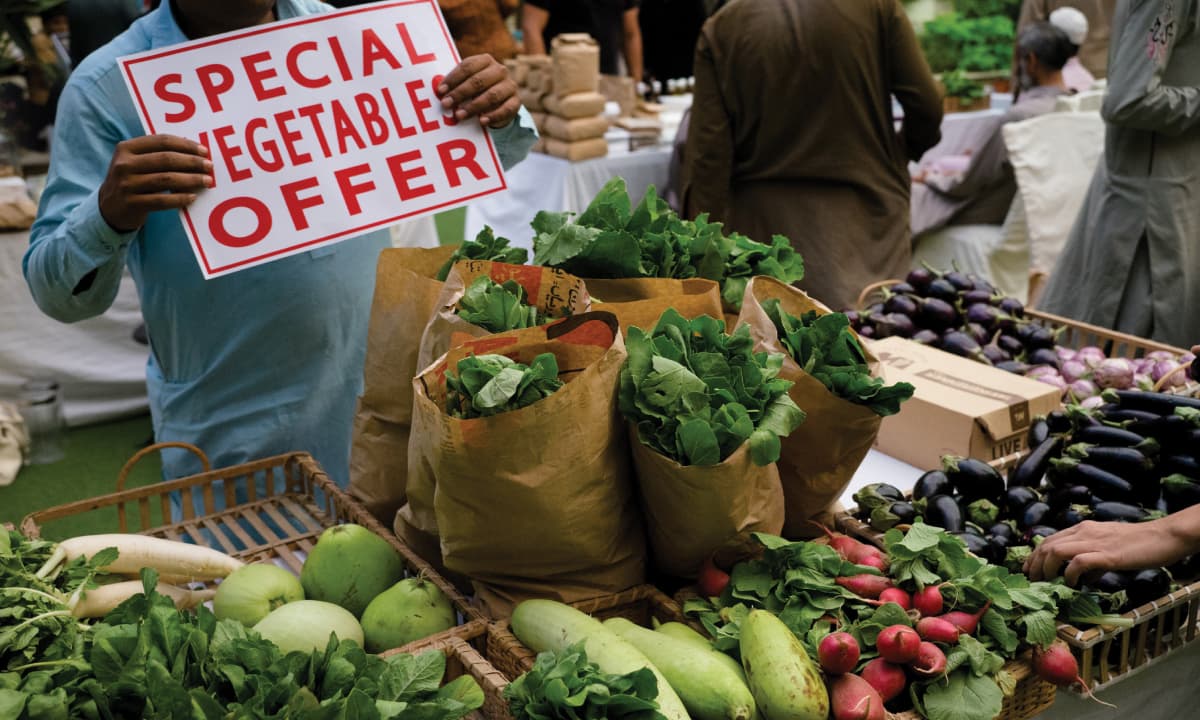This post is also available in: English (الإنجليزية) اردو (الأردية)
Our environment is going through a lot of destruction and exploitation already by us humans. With Ramadan in full swing and routines disorderly we seem to compromise on the duties we owe to our planet earth. With issues pertaining to global warming, climate change, pollution and toxic waste affecting wildlife at large, we as Muslims need to live in harmony with others and our environment.
Prophet Muhammad S.A.W Is The Model Of Highest Ethical Behavior
Prophet Muhammad PBUH lived and ate simply. He was modest in his behavior, generous in his actions, served his community and was mindful of the environment. Ramadan is a great opportunity to exercise such lifestyles mapped out for us by the Prophet of Allah and try to tweak our daily actions as such that it is not harmful to the environment.
Here are 3 steps that will create a positive change in your life, is environment-friendly and will have a great effect on others as well.
1. Cut Down Waste

In Ramadan and otherwise, a large chunk of the food we cook goes to waste and that is extremely discouraged in Islam. In return, this affects our environment. Regarding wastage of food, the Quran says, “Eat and drink but waste not by excess, for Allah loves not those who waste.” (7:31). The Prophet is an advocate of simple living and always advised the Muslims to not waste the food. It is largely believed in Pakistani Muslim families that those who waste food decrease their blessings and rewards.
So keep a watchful eye at the leftovers and be creative in utilizing them further. Teach your children from a young age about the importance of finishing their meals and not leaving even a small morsel behind.
With water shortage outbreak around the globe, try reducing the usage at home. Keep track of water when you are performing ablution and it cannot be stressed enough to teach the young as early as possible.
2. Reduce Food Intake And Share Instead

As the Prophet PBUH said, “a Muslim should eat and drink in moderation, reserving one third [of the stomach] for his food, one third for his drink and one third for his breath.” (Hadith at-Tirmidhi)
This shows that even our Propet and religion asks us to eat moderately. If you go deeper into ‘why’, you will find several advantages linked to good health. We tend to eat a lot at iftaar that makes us lazy and we find it hard to get up for Isha prayer.
Instead of eating more, you can always invite more Muslim guests over and save some for the poor. This way, not only you will improve your eating habits but also earn rewards for giving it away to your Muslim brethren.
3. Lessen The Carbon Footprint

Buy seasonal produce over processed food and plan your iftaars and sehris around them. Visit your local farmers market and support them by buying their fresher, locally produced goods. This way not buying the packaged food that costs the planet a lot considering the preservatives added. The packaging material as well takes a lot of time to biodegrade.
Another great thing you can try, although I wouldn’t suggest since in Pakistan it is nearly impossible. But we can all try to reduce the CO2 produced by opting to walk instead of using the car. At least for nearby places.
Lastly, Unplug yourself And Connect To Allah

Ramadan is more about the soul of a Muslim that is given a chance to rejuvenate. So let’s not get into the hassle of eating more when by starving oneself and indulging in acts of worship is what should be focused on. So unplug from things that can wait like the television, excess use of phone, laptop, console games, earphones, so on and so forth. Let’s indulge in decluttering our closets, giving away excess clothes and doing our nature a favor.


